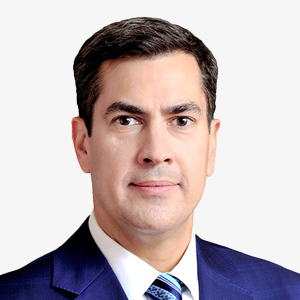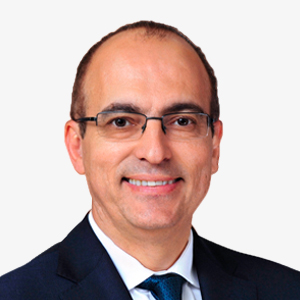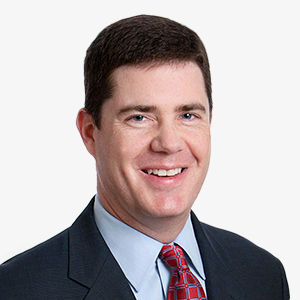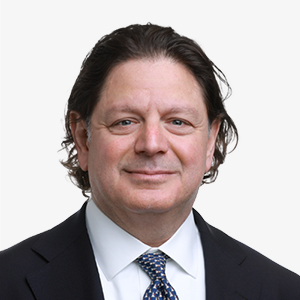Strategic Income Fund
Mutual Funds | Fixed Income
Strategic Income Fund
YTD RETURN
0.00%
Why Invest
Multi-Sector Bond Fund Can Dynamically Invest Across Entire Fixed Income Opportunity Set
Portfolio managers allocate to where they find the most attractive investment opportunities
Portfolio Managers Utilize a Tactical Approach
The Fund‘s dynamic approach to sector and interest rate positioning gives the team flexibility to invest in opportunities across fixed income with no persistent biases or tilts
Experienced Investment Team Leverages the Entire NB Fixed Income Platform
Fund portfolio managers average 25+ years of experience, backed by 195+ team members spread across several global locations
Morningstar Rating
For each retail mutual fund with at least a three-year history, Morningstar calculates a Morningstar Rating based on a Morningstar Risk-Adjusted Return measure that accounts for variation in a fund’s monthly performance (including the effects of sales charges, loads, and redemption fees), placing more emphasis on downward variations and rewarding consistent performance. The top 10% of funds in each category receive five stars, the next 22.5% receive four stars, the next 35% receive three stars, the next 22.5% receive two stars and the bottom 10% receive one star. (Each share class is counted as a fraction of one fund within this scale and rated separately, which may cause slight variations in the distribution percentages.) The Overall Morningstar Rating for a retail mutual fund is derived from a weighted average of the performance figures associated with its three-, five- and ten-year (if applicable) Morningstar Rating metrics. Ratings are ©2025 Morningstar, Inc. All Rights Reserved. The information contained herein: (1) is proprietary to Morningstar and/or its content providers; (2) may not be copied or distributed; and (3) is not warranted to be accurate, complete or timely. Neither Morningstar nor its content providers are responsible for any damages or losses arising from any use of this information.
Total (net) expense represents the total annual operating expenses that shareholders pay (after the effect of fee waivers and/or expense reimbursement, if any). The Manager has contractually undertaken to waive and/or reimburse certain fees and expenses of the Fund so that the total annual operating expenses are capped (excluding interest, brokerage commissions, acquired fund fees and expenses, taxes including any expense relating to tax reclaims, dividend and interest expenses relating to short sales, and extraordinary expenses, if any; consequently, total (net) expenses may exceed the contractual cap) through 10/31/2028 for Institutional Class at 0.59%, Class A at 0.99%, Class C at 1.69%, Trust Class at 0.94% and Class R6 at 0.49% (each as a % of average net assets). Absent such arrangements, which cannot be changed without Board approval, the returns may have been lower. Information as of the most recent prospectus dated February 28, 2025, as amended and supplemented.
All Risk Measures are calculated using the Fund’s Institutional Share Class.
Weighted Average Maturity is expected average life to worst or in other words the par-weighted average time (in years) to principal repayment for securitized assets or the time (in years) to probable call/put for non-securitized assets.
Average Effective Duration can be a useful tool in measuring the price sensitivity of the portfolio to changes in interest rates and measures the % change in price for a 100 bps of shift in interest rates. Unlike other measures of duration, average effective duration takes into account any optionalities (e.g. whether the instrument is callable at a certain price) embedded within each security in the portfolio. Generally, the larger the duration, the more sensitive the portfolio will be to a change in interest rates. Instruments with higher effective durations often carry more risk and have higher price volatility than those with lower durations.
Standard Deviation is a statistical measure of portfolio risk. The Standard Deviation describes the average deviation of the portfolio returns from the mean portfolio return over a certain period of time. Standard Deviation measures how wide this range of returns typically is. The wider the typical range of returns, the higher the Standard Deviation of returns, and the higher the portfolio risk.
Sharpe Ratio characterizes how well the return of the Fund compensates the investor for the risk taken relative to a risk free cash investment. When comparing two funds versus a common benchmark, the one with a higher Sharpe Ratio provides better return for the same risk (or, equivalently, the same return for lower risk).
30-day SEC yield is similar to a yield to maturity for the entire portfolio. The formula is designated by the Securities and Exchange Commission (SEC). Past performance is no guarantee of future results. Absent any expense cap arrangement noted above, the SEC yields may have been lower. A negative 30-Day SEC yield results when a Fund’s accrued expenses exceed its income for the relevant period. Please note, in such instances the 30-day SEC yield may not equal the Fund’s actual rate of income earned and distributed by the fund and therefore, a per-share distribution may still be paid to shareholders. The unsubsidized 30-day SEC yields for Class A, Class C, Class R6, Institutional Class and Trust Class are 4.76%, 4.01%, 5.23%, 5.13% and 4.67% respectively.




